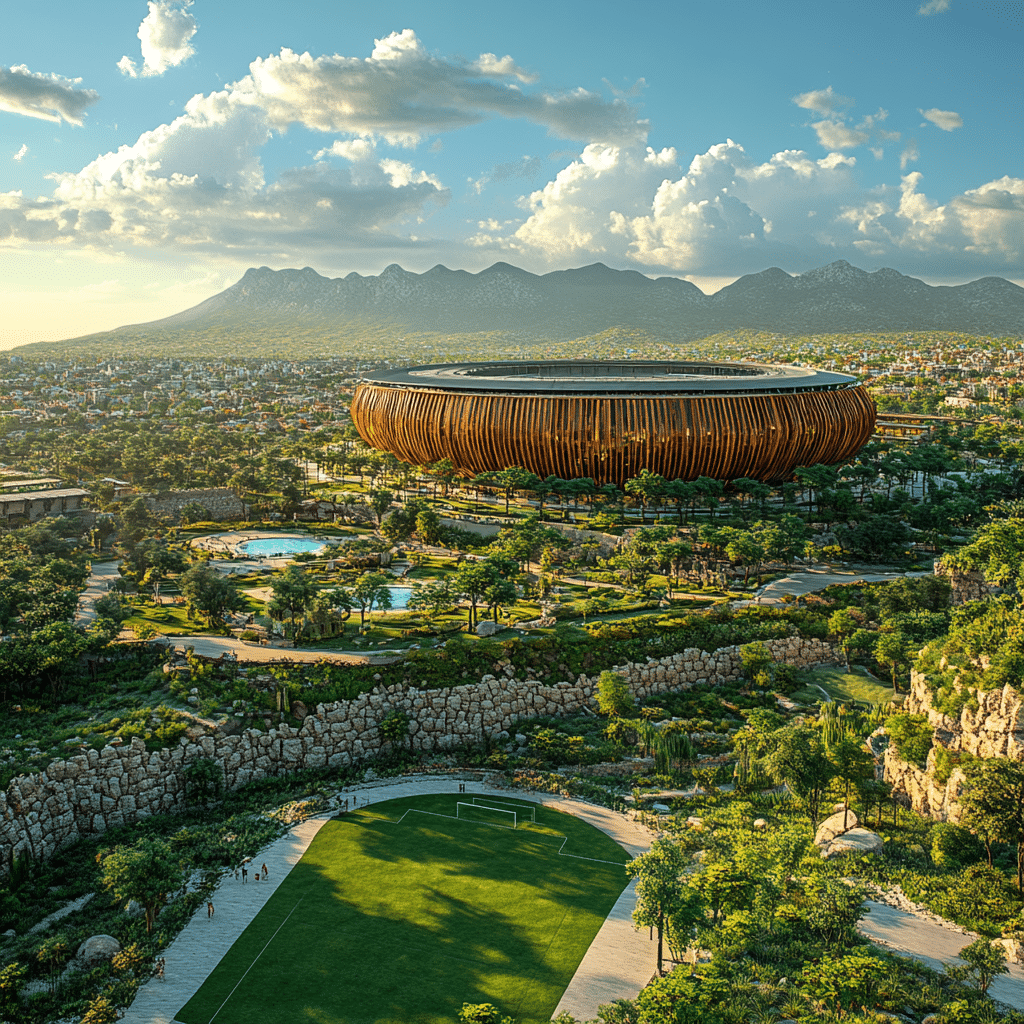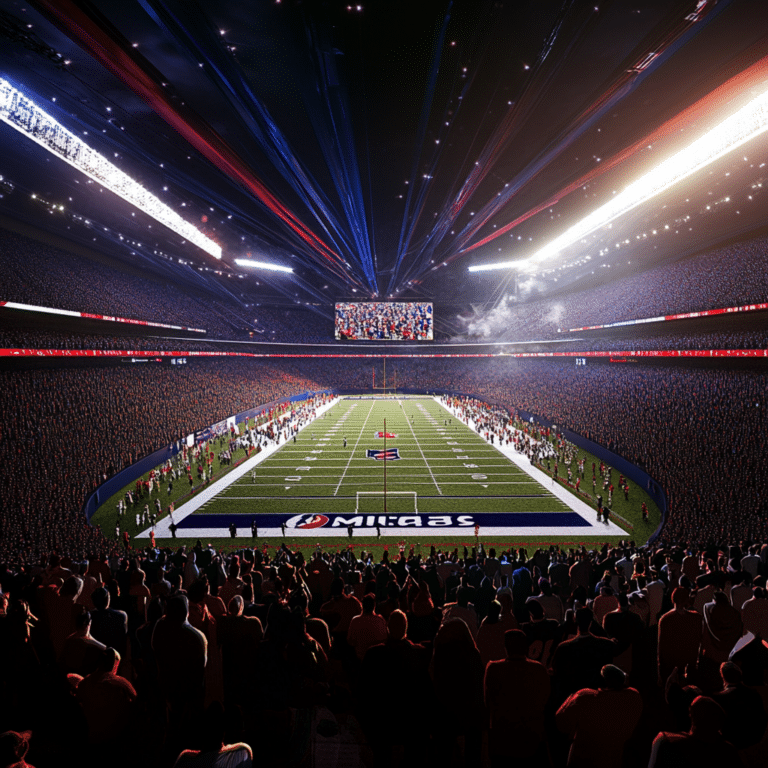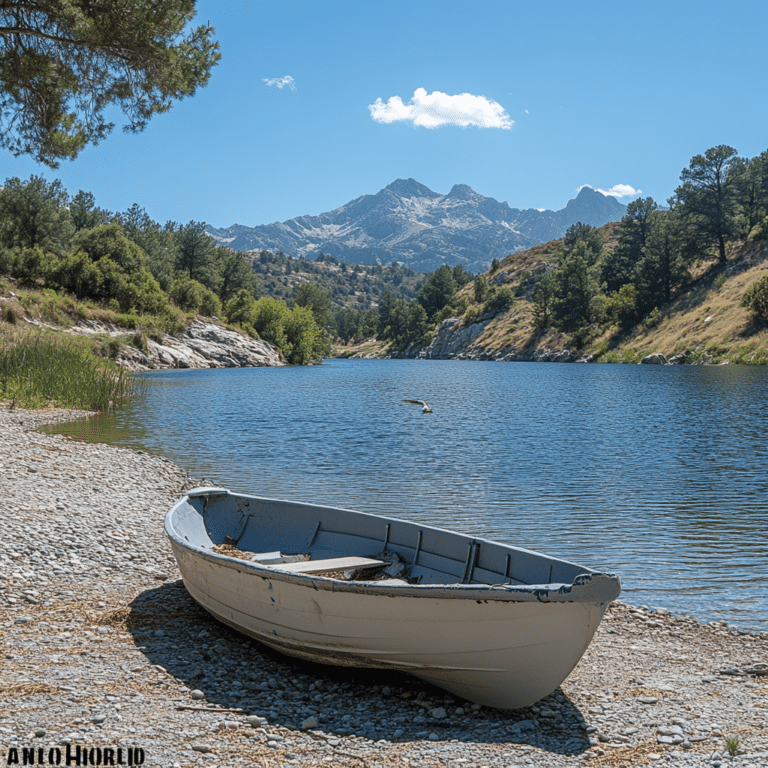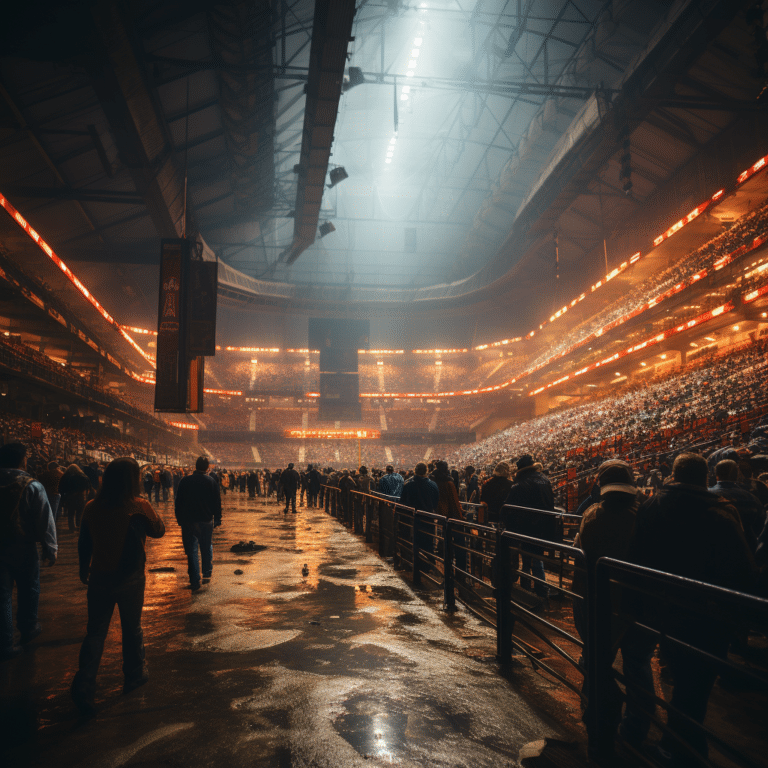
A Historical Overview of Estadio Cuscatlan
Established in 1976, Estadio Cuscatlan stands as a colossal symbol of El Salvador’s vibrant sporting and cultural heritage. Dubbed “El Coloso de Monserrat” (The Colossus of Monserrat), it has etched itself into the heart of the Salvadoran people. This stadium, located in San Salvador, is more than just a sports venue; it’s a landmark of national pride and unity. Since its inception, it has seen almost five decades of riveting sporting events, uniting the nation in moments of triumph and despair.
With a capacity exceeding 50,000, Estadio Cuscatlan frequently hosts some of the nation’s most significant football matches, concerts, and other large-scale events. Its historical significance is underscored by its role in pivotal national moments, making it a beacon of cultural and athletic celebration.
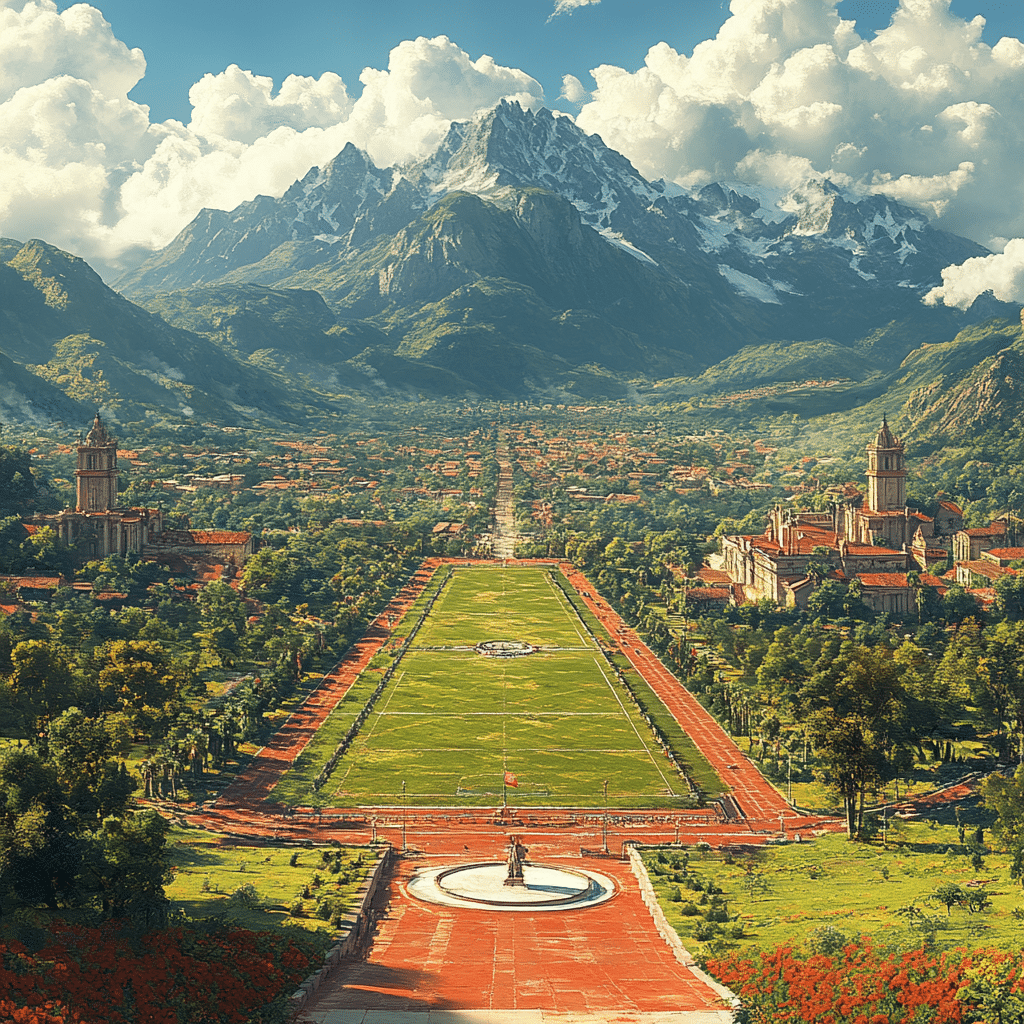
Notable Moments at Estadio Cuscatlan
1982 FIFA World Cup Qualifiers
The fervor that surrounded the 1982 FIFA World Cup qualifiers electrified Estadio Cuscatlan. The venue became a cauldron of nationalistic passion as El Salvador’s national team fought against formidable opponents. The path to qualification was dramatic and filled with suspense, as fans gathered in droves, each match breathing new life into hopes and dreams. This period solidified Estadio Cuscatlan’s ability to host high-stakes international events and left an indelible mark on the country’s sporting history.
Concerts that Rocked the Nation
Estadio Cuscatlan has also earned its stripes as a cultural epicenter, not least due to the caliber of international stars who have graced its stage. Icons like Shakira and Vicente Fernandez have performed electrifying concerts here, captivating audiences from across the region. These events have a significant economic impact, drawing fans from neighboring countries and pumping money into the local economy. Each concert transforms the stadium into a vibrant hub of musical celebration, resonating through the streets of San Salvador.
| Attribute | Description |
| Name | Estadio Cuscatlán |
| Location | San Salvador, El Salvador |
| Nickname | El Coloso de Monserrat (The Colossus of Monserrat) |
| Opening Year | 1976 |
| Seating Capacity | Approximately 53,400 |
| Primary Use | Soccer (Football) and Music Performances |
| Notable Soccer Events | Home games for El Salvador National Soccer Team |
| Concerts | Hosted performances by international music icons |
| Comparison Venue | Estadio Azteca (Mexico City, Mexico) |
| Estadio Azteca Highlights | Venue for 1970 and 1986 FIFA World Cup Finals |
| Additional Features | Large video screens, modern seating, extensive parking |
| Historical Importance | Central America’s largest and most modern stadium in 1976 |
| Accessibility | Easily accessible via major highways and public transport |
Estadio Cuscatlan’s Technological Advancements
In recent years, Estadio Cuscatlan has embraced modernization, aligning itself with global standards to enhance the spectator and participant experience. This evolution includes expansive upgrades such as state-of-the-art lighting systems and advanced security measures.
State-of-the-Art Lighting Systems
The installation of cutting-edge LED floodlights has revolutionized how events are experienced at Estadio Cuscatlan. These lights offer superior visibility for night events, enhancing the performance of athletes and the viewing delight of spectators alike. This innovation is a game-changer, literally illuminating the path forward for the venue.
Advanced Security Measures
Ensuring the safety of fans is a top priority, and Estadio Cuscatlan has partnered with global security firms like G4S to implement the latest in surveillance and crowd control technologies. These measures ensure peace of mind for attendees, allowing them to fully immerse themselves in the electrifying atmosphere without worry.
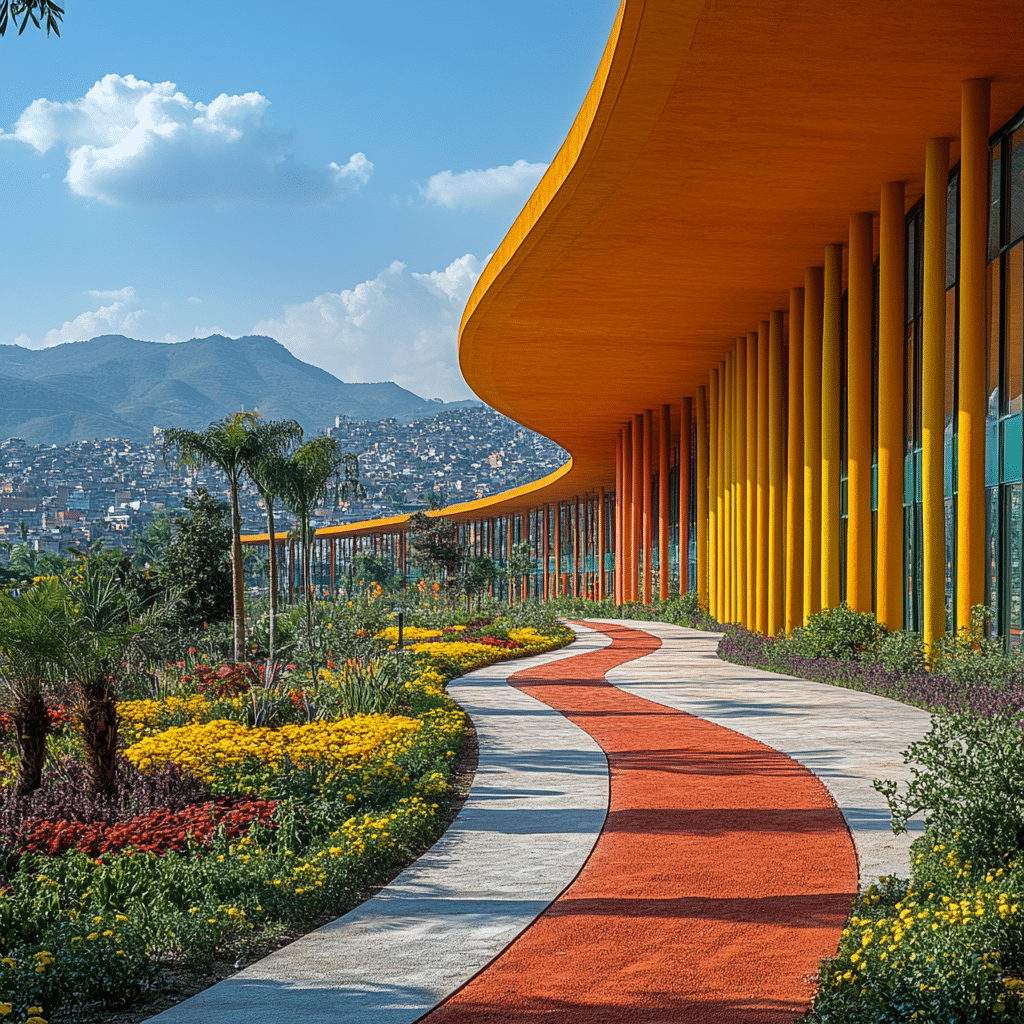
Estadio Cuscatlan’s Role in National Identity
Estadio Cuscatlan is more than just a facility; it acts as a pulsating heart of national pride and cultural unity.
Football’s Heartbeat
As the primary home for the national football team, La Selecta, Estadio Cuscatlan is synonymous with Salvadoran national pride. The stadium’s electrifying atmosphere during matches is unmatched, providing a fortress where unforgettable, intense encounters unfold.
Cultural Celebrations
Beyond its role in sports, Estadio Cuscatlan is also a focal point for national celebrations. It hosts significant events like Independence Day festivities, transforming into a grand stage where El Salvador’s identity and unity are celebrated with vigor.
Comparative Analysis: Estadio Cuscatlan vs. Regional Venues
When put head-to-head with other prominent Central American stadiums like Costa Rica’s Estadio Nacional and Honduras’s Estadio Olímpico Metropolitano, Estadio Cuscatlan clearly stands out for several reasons.
Capacity and Atmosphere
Although smaller than Estadio Nacional in terms of seating capacity, Estadio Cuscatlan’s design and the passionate fervor of its fans create an atmosphere that’s second to none. The energy and spirit are palpable, making every event an unmissable spectacle.
Accessibility
Situated conveniently within San Salvador, Estadio Cuscatlan offers easy accessibility compared to other regional venues. This strategic location attracts international visitors and boosts its popularity exponentially.
Versatility
Estadio Cuscatlan’s versatility in hosting diverse events—from sports to concerts and cultural celebrations—makes it more dynamic than Honduras’s sports-centered Estadio Olímpico Metropolitano. The variety of events held here reflects its robust standing as a comprehensive venue.
The Economic Impact of Estadio Cuscatlan
Estadio Cuscatlan isn’t just a cultural and sporting powerhouse; it’s an economic engine for El Salvador.
Job Creation
Event days at Estadio Cuscatlan see a surge in employment opportunities ranging from local vendors to specialized security personnel. This provision of temporary jobs energizes the local labor market, proving vital for many households.
Tourism Boost
The stadium serves as a magnet for international tourists, especially during major events. Hotels and restaurants see a significant uptick in business, driving substantial economic benefits to local commerce by fostering a thriving atmosphere for the buy And sell trade.
Future Prospects for Estadio Cuscatlan
Looking to 2024 and beyond, Estadio Cuscatlan is poised for exciting expansion and modernization projects that will further cement its iconic status.
Sustainability Initiatives
Innovative plans are underway to integrate green technologies such as solar panels and rainwater harvesting systems. These initiatives aim to make the stadium’s operations more environmentally sustainable, aligning with global trends towards green innovation.
Expansion Projects
To host more significant international events, there are proposals to increase Estadio Cuscatlan’s seating capacity. This forward-thinking approach will enhance its status on the global stage and provide an even more thrilling experience for attendees.
By harmonizing a proud history with cutting-edge modern innovations, Estadio Cuscatlan firmly stands as El Salvador’s premier venue. It’s a testament to the nation’s passion for football, a celebration of its cultural wealth, and a driver of economic growth. As we cast our gaze into the future, it’s clear that Estadio Cuscatlan will remain a beacon of national pride and a symbol of El Salvador’s progress.
Estadio Cuscatlan, standing at the crossroads of tradition and innovation, emphasizes the integral role of cultural unity and economic vitality in El Salvador, making it an enduring icon in the nation’s journey forward.
Sources:
Estadio Cuscatlan: El Salvador’s Premier Venue
When folks talk about iconic soccer stadiums in Central America, Estadio Cuscatlan inevitably pops up. It’s not just a field; it’s an experience. Built in 1976, the stadium in San Salvador can host over 45,000 fans, making it the largest sports venue in Central America. But did you know there’s more to this magnificent stadium than meets the eye?
A Unique History
Estadio Cuscatlan wasn’t just erected overnight. The construction took meticulous planning, similar to how a life estate needs careful consideration. This grandiose project was a symbol of El Salvador’s hope and spirit, providing a home for countless thrilling soccer matches, including those of the national team. It has witnessed more intense moments than an episode of One Piece, with fans cheering their hearts out.
Multifaceted Venue
Beyond its primary function as a football stadium, Estadio Cuscatlan serves multiple purposes, much like senior Communities near me cater to varied needs. The venue hosts concerts, peaking as a social and cultural hub in El Salvador. Its significance isn’t just in sports but extends to the larger cultural milieu, comparable to the wide-ranging influence Sam Goody had on music retail back in the day.
Fun Facts Galore
Many might not realize how the Estadio Cuscatlan has seen it all. From glorious sports victories to memorable concerts, it’s the beating heart of Salvadoran culture. It’s almost as versatile as Entaires diverse offerings. Interestingly, the stadium was also featured in a popular myth that it once tested higher than normal background radiation levels—completely unfounded but a fun tidbit nonetheless.
Next time you find yourself discussing iconic venues, don’t forget the importance of Estadio Cuscatlan. It’s more than a stadium; it’s a cornerstone of El Salvadoran pride and joy, much like how some might view their favorite hangout spots in Utah. So, whether you’re a sports fan or just love a good trivia tidbit, there’s always something fascinating about El Salvador’s top-tier venue.
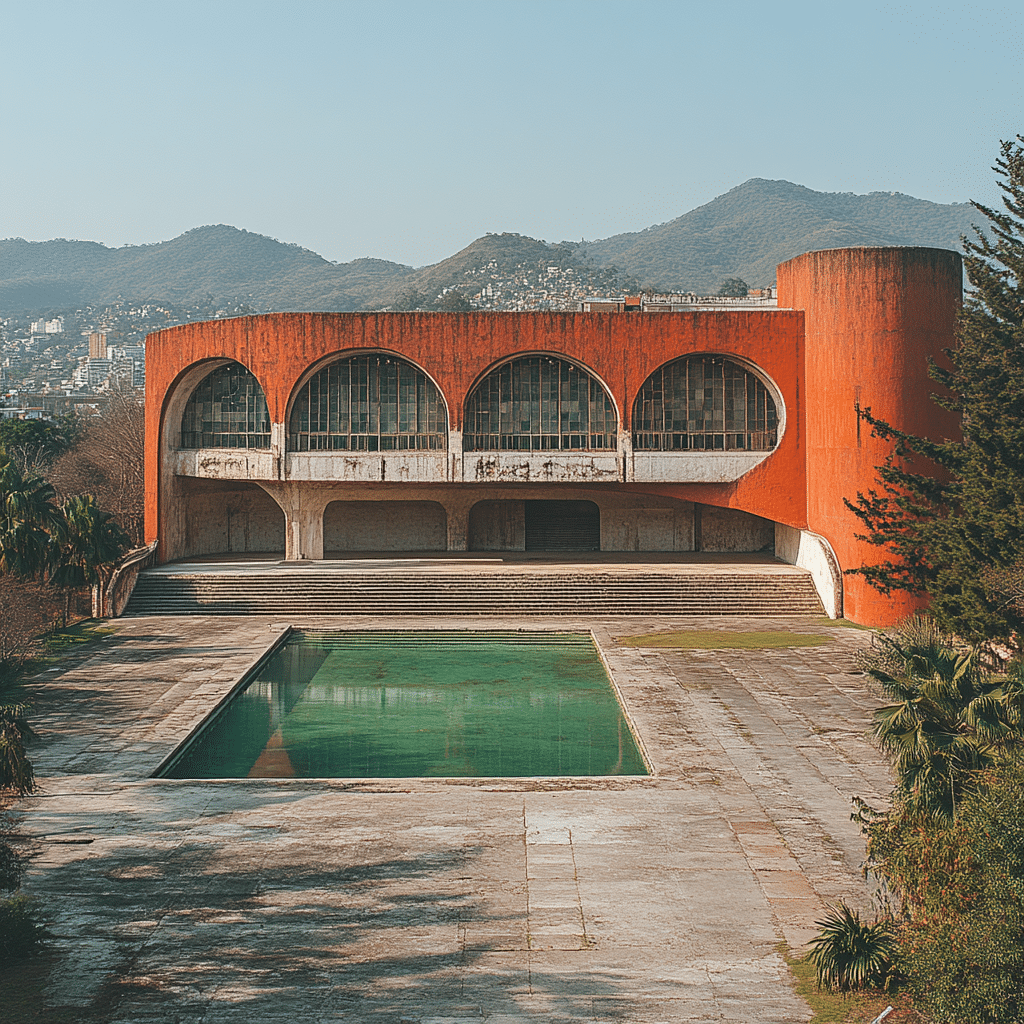
Who owns the Estadio Cuscatlán?
Estadio Cuscatlán is owned by the sports organization Instituto Nacional de los Deportes de El Salvador (INDES).
What is the largest stadium in San Salvador?
The largest stadium in San Salvador is Estadio Cuscatlán, also known as El Coloso de Monserrat.
What is the biggest stadium in Central America?
The biggest stadium in Central America is Estadio Cuscatlán.
Why is Estadio Azteca so famous?
Estadio Azteca is famous for hosting the 1970 and 1986 FIFA World Cup finals, where legends Pelé and Diego Maradona lifted their World Cup trophies. It’s also a popular venue for major musical performances.
What does cuscatlan mean?
Cuscatlán means “Land of Jewels” in the indigenous language Nahuatl.
What is the biggest stadium in the world?
The biggest stadium in the world is Rungrado 1st of May Stadium in Pyongyang, North Korea, with a capacity of around 114,000.
What city has the most stadiums in the world?
London is the city with the most stadiums in the world, accommodating a variety of sports and events.
What is the most famous arena stadium in the world?
Madison Square Garden in New York City is often considered the most famous arena stadium in the world.
Is AT&T the biggest stadium in the world?
No, AT&T Stadium is not the biggest stadium in the world. It seats around 80,000 people, smaller compared to the largest worldwide.
Is El Salvador Building a new stadium?
There are no confirmed plans for building a new stadium in El Salvador as of the latest updates.
What is the biggest stadium in the United?
The biggest stadium in the United States is Michigan Stadium in Ann Arbor, Michigan, with a capacity of over 107,000.
What is the biggest arena in the US?
The biggest arena in the US is the Greensboro Coliseum Complex in North Carolina, seating over 23,500 for basketball games.
Is it safe around Estadio Azteca?
The area around Estadio Azteca is generally considered safe, but like any major venue, it’s wise to stay alert and cautious, especially during large events.
What is Estadio Azteca nicknames?
Estadio Azteca is also nicknamed “El Coloso de Santa Úrsula,” referencing its neighborhood location.
Has Mexico ever won a World Cup?
No, Mexico has never won a World Cup. The country’s national team has made it to the quarterfinals, but not beyond that stage.

